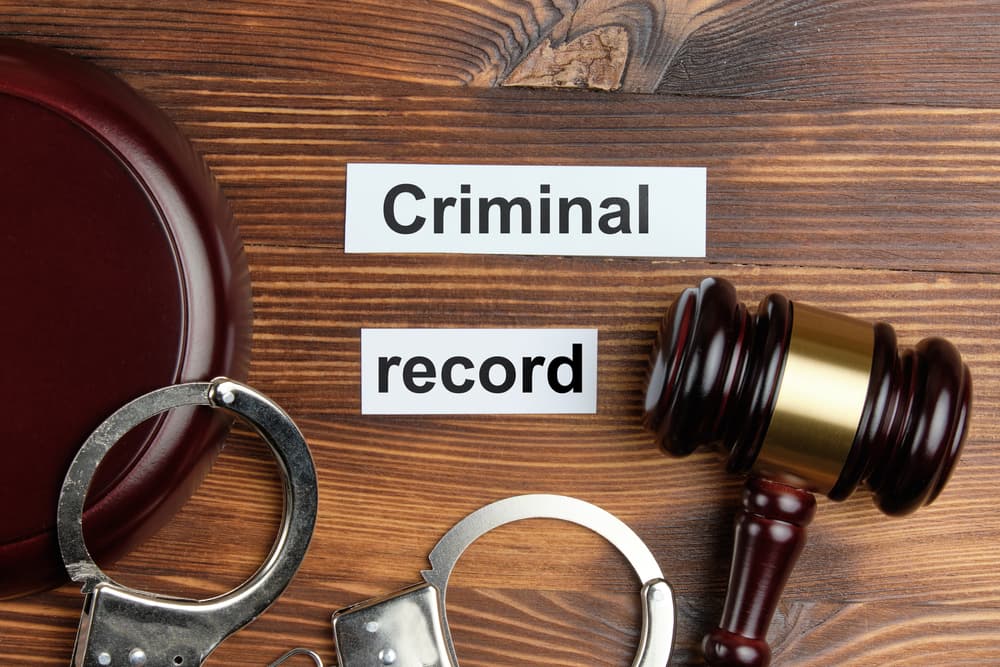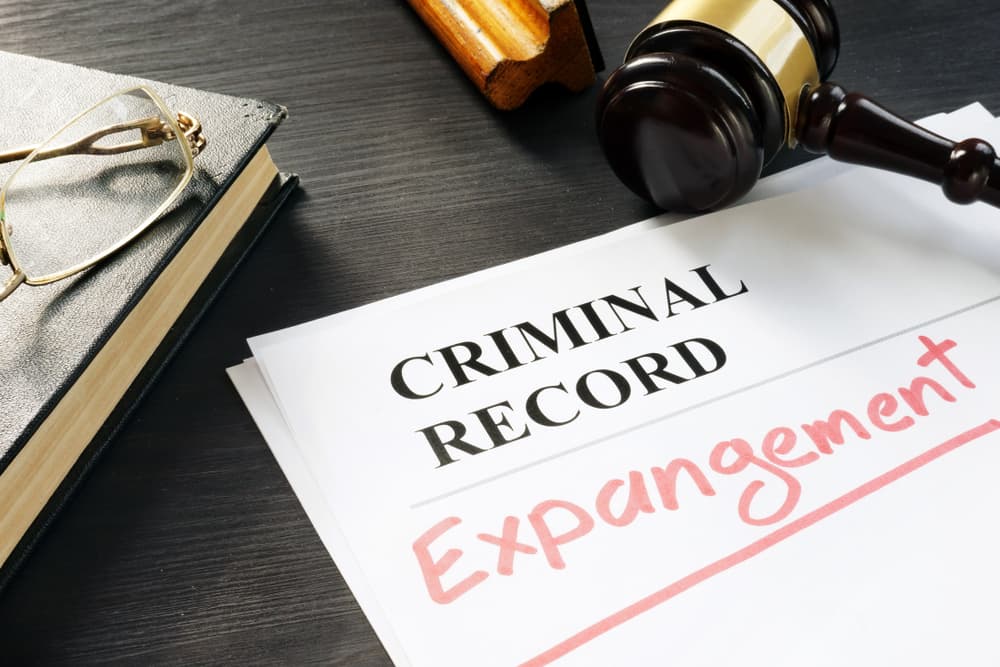Criminal records can be a persistent problem for people who have served their time or paid their debt to society. Fortunately, the law allows for criminal records to be expunged. Here's what you need to know about criminal records and expungement. To discuss your specific situation, schedule a meeting with a local Carteret County criminal defense lawyer.
Schedule Your Free Consultation
Learn More About Expungement By Speaking to a Criminal Defense Attorney

If you have a criminal record, learn more about the expungement process. While expungement is not available to everyone, you might be eligible to get your record either expunged or sealed. Speaking to a criminal defense lawyer means investing in your future and making a clean start for yourself. The following information will give you a better idea about what to expect and how to understand how expungement works.
What is a Criminal Record?
A criminal record, also known as a rap sheet, is an official document that details an individual's history of run-ins with the law, including arrests, charges, and convictions. Law enforcement and court officials compile these documents and store them in state and federal databases, making them available to authorized parties in various jurisdictions.
Components of a Criminal Record
A criminal record typically includes a wide range of information:
- Personal Information: This data includes basic details such as the individual's full name, date of birth, and a physical description.
- Biometric Data: Fingerprints and photographs are often included for identification purposes.
- Arrest History: This section details the dates and specific charges associated with each arrest.
- Court Proceedings: Information about court appearances, hearings, and trial outcomes is documented.
- Sentencing and Probation: Details about any sentences imposed, probation terms, and parole conditions are included.
- Compliance and Completion: Records may track an individual's compliance with court requirements and completing any mandated programs or obligations.
Who Has Access to Criminal Records?
It's common to think that criminal records are public information, but this isn't always true. Access to criminal records depends on the record type and the requesting party. Government agencies, law enforcement, and the courts have the broadest access to criminal records. Employers, landlords, and private individuals may have limited access, depending on local laws and the type of record.
How Do Criminal Records Affect You?
The effects of criminal records can be far-reaching and may impact your life in ways you never imagined. Criminal records can affect:
- Job Opportunities: Many employers conduct background checks, especially in fields like education, healthcare, finance, and government. A criminal record can limit your ability to find employment, although some employers have implemented "ban the box" policies to reduce bias in the hiring process.
- Housing Options: Landlords often check applicants' criminal records; even minor offenses can lead to rejection of applications. Public housing authorities may have strict policies regarding criminal records, which can affect an entire family's housing eligibility.
- School Access: Universities may consider criminal records when admitting students, and certain convictions can disqualify you from receiving federal student aid. Professional certification programs may also limit access based on your criminal history.
- Professional Licenses: Many professions require state licenses, which can be denied based on criminal records. This includes fields like healthcare, law, real estate, and education, and it can involve additional documentation and hearings even if licenses aren't denied outright.
- Financial Consequences: Criminal records can affect loan applications, insurance premiums, and banking relationships. Certain convictions can also limit access to government benefits or financial assistance programs.
What is Expungement?

Expungement, also known as expunction, is a powerful tool that allows individuals to erase or seal their criminal records legally. When a record is expunged, it is as if it never existed. While the process can vary depending on the jurisdiction, expungement generally involves:
- Removal of the record from public access
- Legal affirmation of having no criminal record
- Exemption from background checks revealing the expunged record
- Restricted access to the record for law enforcement under particular circumstances
Who is Eligible for Expungement?
Specific criteria determine eligibility for expungement:
- Type of Offense: Generally, lower-level offenses are more likely to qualify for expungement, while serious violent crimes and sexual offenses are often ineligible.
- Time Since Conviction: Most jurisdictions require a waiting period after sentence completion before expungement can be considered, ranging from a few years to over a decade, depending on the offense.
- Criminal History: First-time offenders are generally more likely to qualify for expungement, while multiple convictions may render individuals ineligible or require longer waiting periods.
- Sentence Completion: The sentence must be completed, including jail time, probation, fines, and required programs or community service.
- Current Criminal Status: Many jurisdictions require individuals to have no pending charges and to remain conviction-free during the waiting period.
How Does the Expungement Process Work?
Obtaining an expungement involves a series of steps:
- Eligibility Determination: Review relevant laws, obtain complete criminal records, and consult legal professionals regarding eligibility.
- Gathering Documentation: Collect court records, proof of sentence completion, character references, and certified court documents.
- Filing the Petition: Complete necessary forms, pay filing fees, and submit documentation to the appropriate court while notifying relevant parties.
- Attending Hearings: Present the case before a judge, address objections, and provide additional information.
What to Do After Expungement
Even after expungement, several issues require attention:
- Record Verification: Ensure all relevant agencies update their records and monitor commercial background check companies for accuracy.
- Job Applications: Understand how to respond to questions about criminal history and know rights regarding expunged records.
- Professional Licenses: Inform licensing boards about the expungement and update existing disclosures accordingly.
What if Expungement Isn't an Option?
If expungement is not available, other options may be available:
- Record Sealing: Similar to expungement, but records remain accessible to certain authorities, often with different eligibility criteria.
- Certificates of Rehabilitation: Official recognition of reform and good conduct, potentially aiding employment and licensing.
- Pardons: Executive clemency that forgives the offense without erasing the record, typically more difficult to obtain than expungement.
What's Next?
Understanding the intricacies of criminal records and expungement options can help individuals make informed decisions about their futures. While the process can be difficult and time-consuming, the benefits of clearing one's record often outweigh the challenges. Success depends on careful attention to detail, patience with the legal process, and the guidance of qualified legal professionals.
Speak to a Criminal Defense Attorney Who Handles Expungements Now
Find out if you can get your record expunged and speak to an attorney. Your criminal defense attorney should handle criminal defense cases and be familiar with the expungement process. Learn more about your rights today. Having a record expunged can make a big difference in your future. By consulting a criminal defense lawyer, you can see how you can proceed.